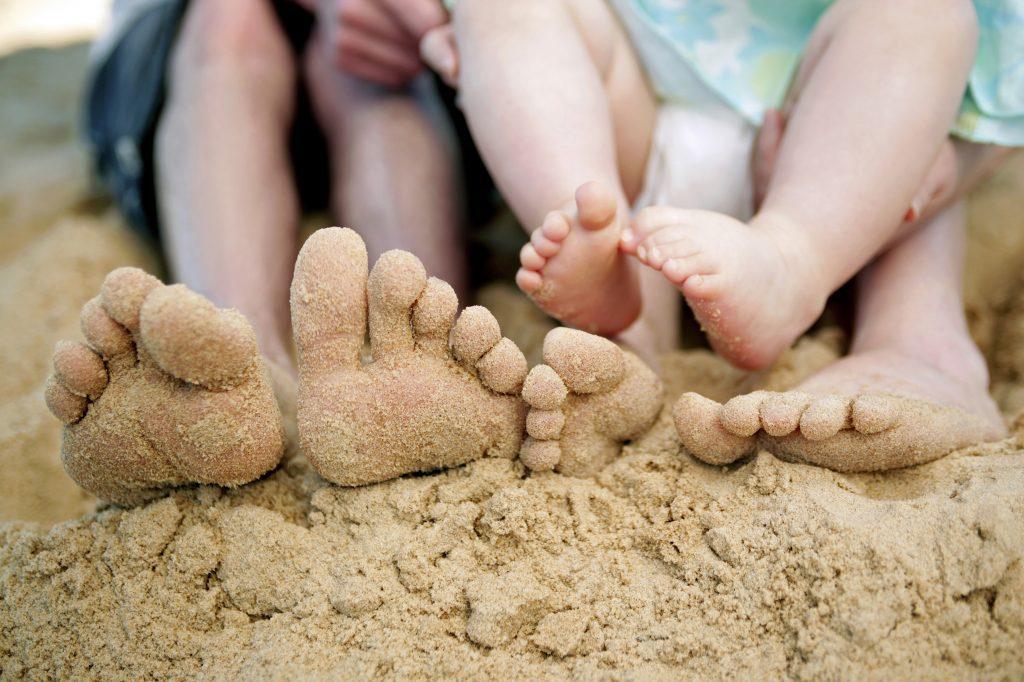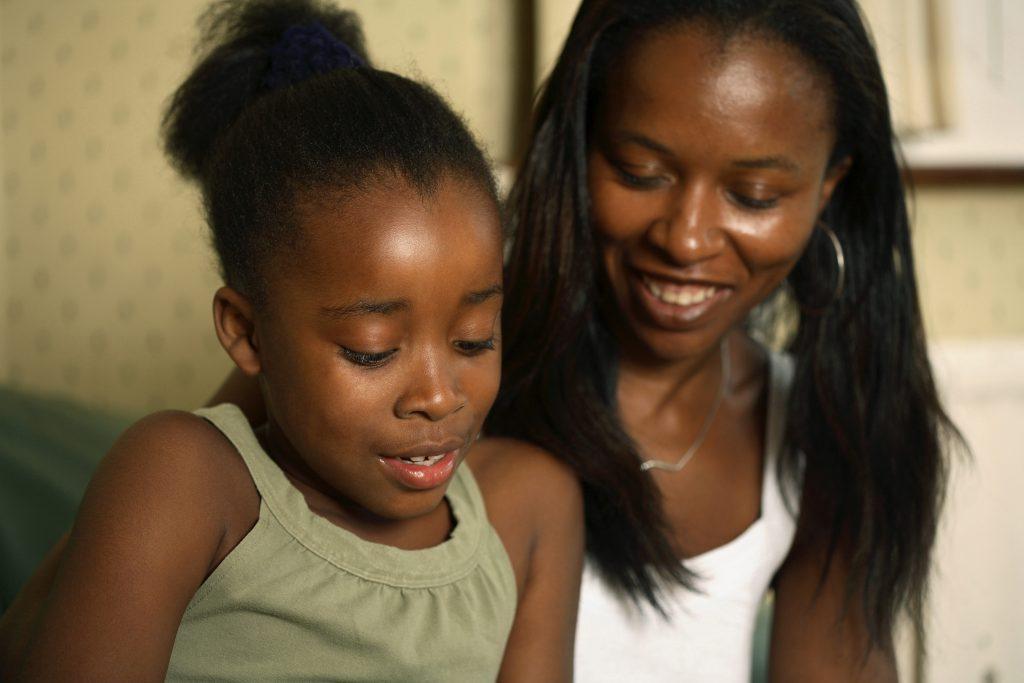
How does CPS work as Child Protective Services to ensure the safety of children who are victims of child abuse and neglect. The role of Child Protective Services (CPS) is to ensure the safety of children. In the United States, Child Protective Services is a governmental agency run on the state level that was created to respond to reports of child abuse and neglect.
Each state has its own CPS practice, where a cps investigator responds to the over 2.5 million reports of child maltreatment in the country each year. Here are some frequently asked questions to better understand CPS and its workers.
What is Child Protective Services?
Child Protective Services (CPS) promotes the safety and well-being of children through intervention in reported child abuse cases. They do not need a court order to investigate a home. The goal of CPS is to keep children in their homes when it is deemed safe thru various family services, and to provide them with a safe environment when they are determined to be at risk of abuse or neglect.
What are the Roles of CPS Workers?
A cps investigator has a wide range of roles that they must play on a day-to-day basis. Firstly, they must do a lot of desk work, receiving and evaluating reports of child abuse cases, setting up drug test, most of which are made over the phone, being mandated reporters.
They then must use reasoning and investigative skills to determine if the child is at risk and is the child safe. If so, then a cps investigator will counsel and rehabilitates the child and family. They often provide support for each family for up to one year with various family services. If a child cannot be put back into their home, then workers also must coordinate an adoptive home, foster parents, or refer the child and their family to other support services.

What Do CPS Workers Do?
A CPS investigator will follow a standard protocol as mandated reporters when responding to a child abuse report. First, they must assess the safety of the child. If the child’s immediate safety is not at risk, then the worker will work with the family to reduce the risk of future maltreatment and help the child cope with the effects of previous maltreatment.
If the child’s environment is deemed a risk to their health, then the CPS worker will intervene to protect the child from harm. The child typically goes to a foster home as counseling begins. While the goal of the CPS worker is to be able to reunite the child with their family after intensive counseling, they also begin to develop a concurrent plan. This means seeking out a safe adoptive home for the child to ensure safe child care.
- help to provide family services for any family member in need
- contact state’s social services department about any false claims
- court hearings
- drug test
- Access is the child safe and in any immediate danger
- parental rights
- social services social services social services
- provide valuable resources such as parental rights
- help with legal authority regarding parental rights
- help with police reports after a cps investigation
- cps caseworker will investigate reports of abuse or neglect thru a cps investigation
- cps investigation
- investigation process of a criminal record
- immediate danger

How Do CPS Workers Keep Children Safe?
A cps investigator is very educated on seeing the signs of child abuse and neglect, and they know how to respond to every unique situation. So when a child is deemed to be at immediate risk of abuse, the CPS worker will take the child from their home and place them with a foster family.
are very educated on seeing the signs of child abuse and neglect, and they know how to respond to every unique situation. So when a child is deemed to be at immediate risk of abuse, the CPS worker will take the child from their home and place them with a foster family.
Workers then begin counseling the family, in hopes of reuniting the child and parents. However, when the family is uncooperative or does not seem to make progress, CPS will coordinate a new home for the child.
What Guiding Principles Does A CPS Investigator Follow?
CPS has several basic philosophical tenets that their workers follow. These are as follows: The best place for a child to grow up is in a safe and permanent home. When adequately supported, most parents can be good parents. They do not need a court order to carry out investigations.
Families requiring assistance from CPS agencies are diverse. CPS agencies are accountable for child safety and family saftey. CPS efforts are most effective when clients are involved in the process. When parents cannot take care of and protect their children, CPS must intervene on the child’s behalf. When a child must be placed in out-of-home care, CPS will work to find a safe and permanent home as quickly as possible.

What is the Most Important Aspect of a CPS Worker’s Job?
The most important duty of a person legally responsible is to ensure the safety of children. The agency believes that the best place for a child to grow up is in a safe and permanent home. Therefore, the first work is to counsel the child’s birth family. However, this is not always possible. In this case, they must find an adoptive family that will provide a safe and permanent home.
Child Protective Services is a very important agency. Its focus is to protect the safety and well-being of children and youth throughout the country. Workers must provide support to both children and their families. So, they are often required to have a background in counseling or psychology. Additionally, they also must complete two years of clinical training. The job of a child protective services cps can be stressful and has a high risk of burnout. However, it also comes with high rewards and many find fulfilling careers in the field.
What is a Good Reason to Call CPS?
Because more than 700,000 children are abused each year in the United States, there are many good reasons to call Child Protective Services to investigate. Many times, people are afraid to call Child Protective Services because they are not sure if abuse is taking place.
1. Physical Abuse
There are three main reasons to call Child Protective Services, such as physical abuse. If a child has signs of injury or there is an imminent threat of violence in the home in which a child lives, it is imperative to make a report to Child Protective Services. A social worker will investigate the claim and if physical abuse is occurring, the social worker will handle this situation in an appropriate manner. They do not need a court order to investigate This can include filing an emergency temporary custody court order and placing the child or children involved in a foster home or a relative placement to keep them safe from physical harm.
2. Neglect
Neglect of a child is another important reason to call Child Protective Services. If the children are living in an environment that is unsafe or unlivable, a social worker needs to intervene. Social workers can help the family get what they need to provide a safe and clean home. If children are left alone for long periods of time without adult supervision, it is important to get Child Protective Services involved. A social worker can intervene by helping the parent secure proper childcare and teaching the parents the safety risks that are posed when they leave their children home alone.
3. Sexual Abuse
Child sexual abuse is more difficult to recognize but there are signs that children exhibit. If children are acting out in a sexual manner or appear to flinch or become defensive if someone tries to touch them, there may be sexual abuse occurring. If child sexual abuse is suspected, it is important to make a complaint to CPS. Social workers are trained on how to interview children properly to determine if sexual abuse is occurring.
What are Reasons NOT to Call CPS?
While there are many reasons Child Protective Services should be called, there are scenarios in which CPS should not become involved.
1. To Gain Leverage in a Custody Battle
One of those reasons is when a parent is attempting to gain leverage in a divorce case or custody battle. Making false reports to CPS not only ties up social workers with unsubstantiated claims that they have to investigate under the law, but it also takes their time away from cases that absolutely need to be investigated.
Many times, an absent parent will use CPS to try to get back at the other parent of their children or to look good in court and make the other parent look bad when they’re embroiled in a custody battle.
2. Revenge
Another reason not to call CPS is for revenge against another person. If someone is angry with a parent, they should not use their children to attempt to get back at them. Being interviewed by CPS can be traumatic for children. By making a false report, the complainant is actually being abusive towards the children involved if they know abuse is not occurring.
Related:
- 25 Best MSWs for Child Welfare Careers
- Best Accredited Social Work Degree Campus Programs
- 50 Best CSWE Accredited Online Bachelor’s Degree Programs
- Top 5 Careers for Aspiring Social Workers
- What are Jobs in Foster and Child Welfare?
- Is a Degree in Social Work Worth it?
- 18 Social Work Specialties and Specializations
- Social Work Grants, Scholarships and Loans

